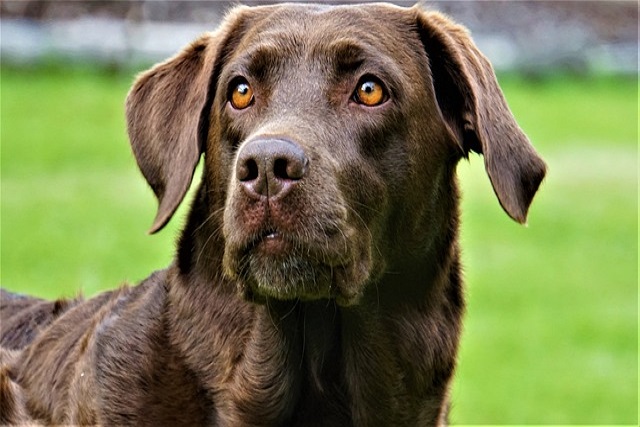
Does dog plaque powder really work
Does dog plaque powder really work? This is a question many new dog owners in Europe and the US, especially in the US, often ask.
It’s 2 a.m. in your fifth-floor Brooklyn walk-up, and your Beagle’s frantic whimpers wake you – another bout of watery diarrhea splatters the hallway floor. In your groggy panic, you wonder if chicken broth or that trendy coconut water might soothe their belly. Stop. Many "gentle" human drinks amplify canine digestive disasters. The truth? Dogs with diarrhea need targeted hydration strategies that won’t worsen electrolyte imbalances or inflame their gut lining – and that starts with understanding why their system is in chaos.
Start with physiology: Diarrhea drains critical fluids and salts (sodium, potassium), but a dog’s digestive tract can’t process sugary, fatty, or high-fiber liquids. That homemade bone broth simmering on your stove? Its sky-high sodium and fat content further irritates inflamed intestines. Coconut water’s potassium overload risks heart arrhythmias in small breeds. Even plain water gulped too fast may trigger vomiting. The only scientifically backed interim solution is unflavored pediatric electrolyte solution (like Pedialyte), diluted 50/50 with water. Its precise glucose-electrolyte ratio mirrors what intestinal cells need to reabsorb fluids. For toy breeds prone to hypoglycemia, ice chips prevent dangerous gulping.
Crucially, approach rehydration with patience. Withhold food for 10-12 hours (never water!) to rest the gut, but offer diluted electrolyte sips in teaspoon amounts every 15-20 minutes. Use a syringe if needed, rewarding calm acceptance with quiet praise – forcing liquids risks aspiration pneumonia and erodes trust, clashing with modern positive-reinforcement ethics. After 12+ vomit-free hours, transition to vet-approved bland foods like boiled white chicken and plain pumpkin puree.
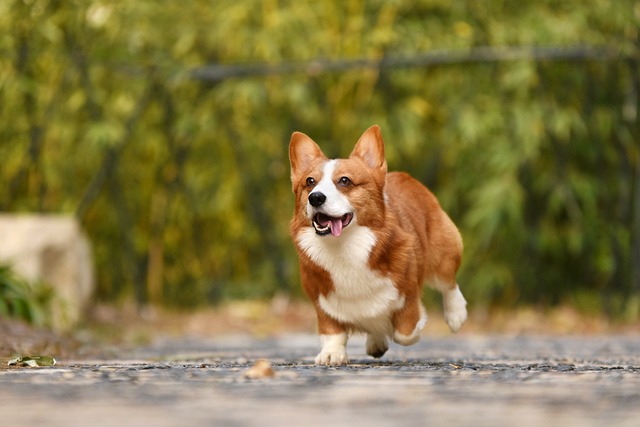
Now, the non-negotiable context for responsible U.S. owners. Leash laws and vaccination records become urgent during outbreaks – parvo-infected puppies with bloody diarrhea require immediate isolation. Poop-scooping obligations intensify during illness; cities like Los Angeles impose $750 fines for uncollected waste, and diarrhea’s higher pathogen load threatens community health. Always carry enzyme-based cleaners (e.g., Nature’s Miracle) and extra biodegradable bags. Culturally, withholding water to "punish" accidents is abusive – reward signaling behaviors (like pawing at the door) with treats instead. Dismiss dangerous social media hacks like "fast for 24 hours" – small breeds risk fatal hypoglycemia.
Apartment living demands tactical adjustments. Confine sick dogs to easy-clean spaces (tiled bathrooms) away from shared ventilation. Layer washable pee pads under water bowls to protect carpets from splashback. Briefly notify neighbors – diarrhea odors permeate thin walls. At communal dog areas, keep your pup leashed and 10+ feet from others, even if they seem interested. Decline shared water bowls with a polite "He’s on a medical protocol!" – giardia spreads through contaminated water.
When in doubt, skip Dr. Google and call your vet immediately. Blood in stool, lethargy, or vomiting paired with diarrhea warrants an ER visit. Remember: that $12 electrolyte solution is far cheaper than $1,200 IV fluids for dehydration. Your dog’s health isn’t a DIY experiment – partner with professionals.

Does dog plaque powder really work? This is a question many new dog owners in Europe and the US, especially in the US, often ask.
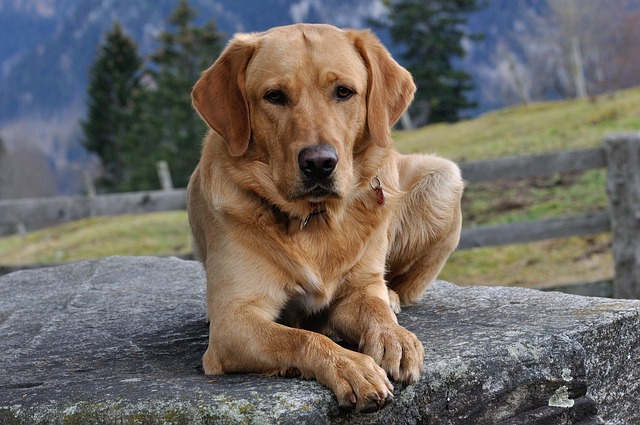
from a whiff that smells like a dumpster behind a seafood shack, you know the struggle. Stinky dog breath isn’t just a nuisance—it’s a sign their mouth needs a little help.
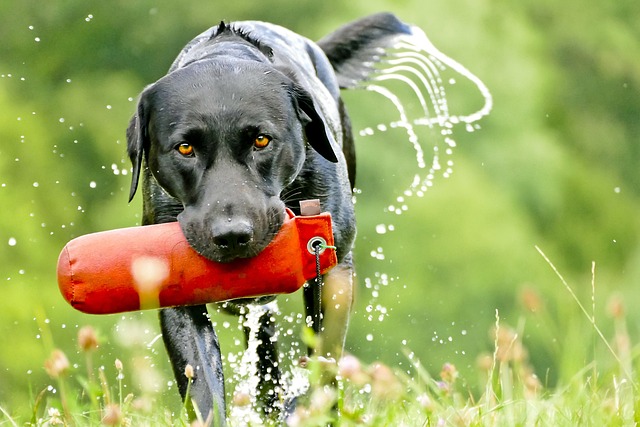
That moment your excited pup greets you with a yawn that smells like old garbage and wet socks – it’s enough to make anyone recoil.
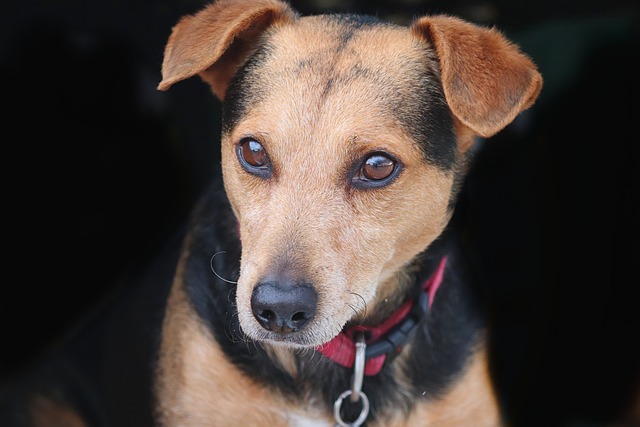
How do I relieve my dog's fever? It’s a question that makes any new pet parent’s heart race. You notice your pup is listless, avoiding their food bowl, and their ears feel warmer than usual—little signs that something’s off.
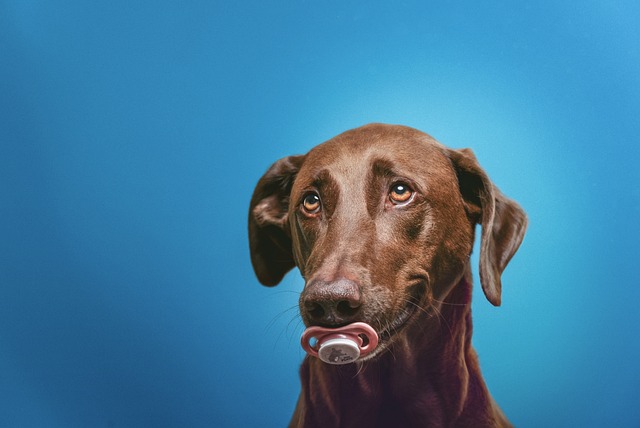
How long does a dog take to get rid of parvo? For new pet parents, few diagnoses spark more panic than this—imagining your playful pup suddenly lethargic, refusing meals, or struggling with diarrhea.
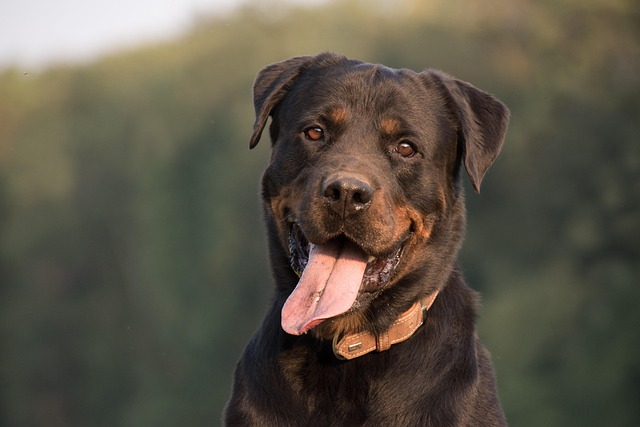
What to feed a dog with dental pain? Picture this: You set down your pup’s usual kibble, and instead of diving in, they sniff it, back away, and whimper softly.